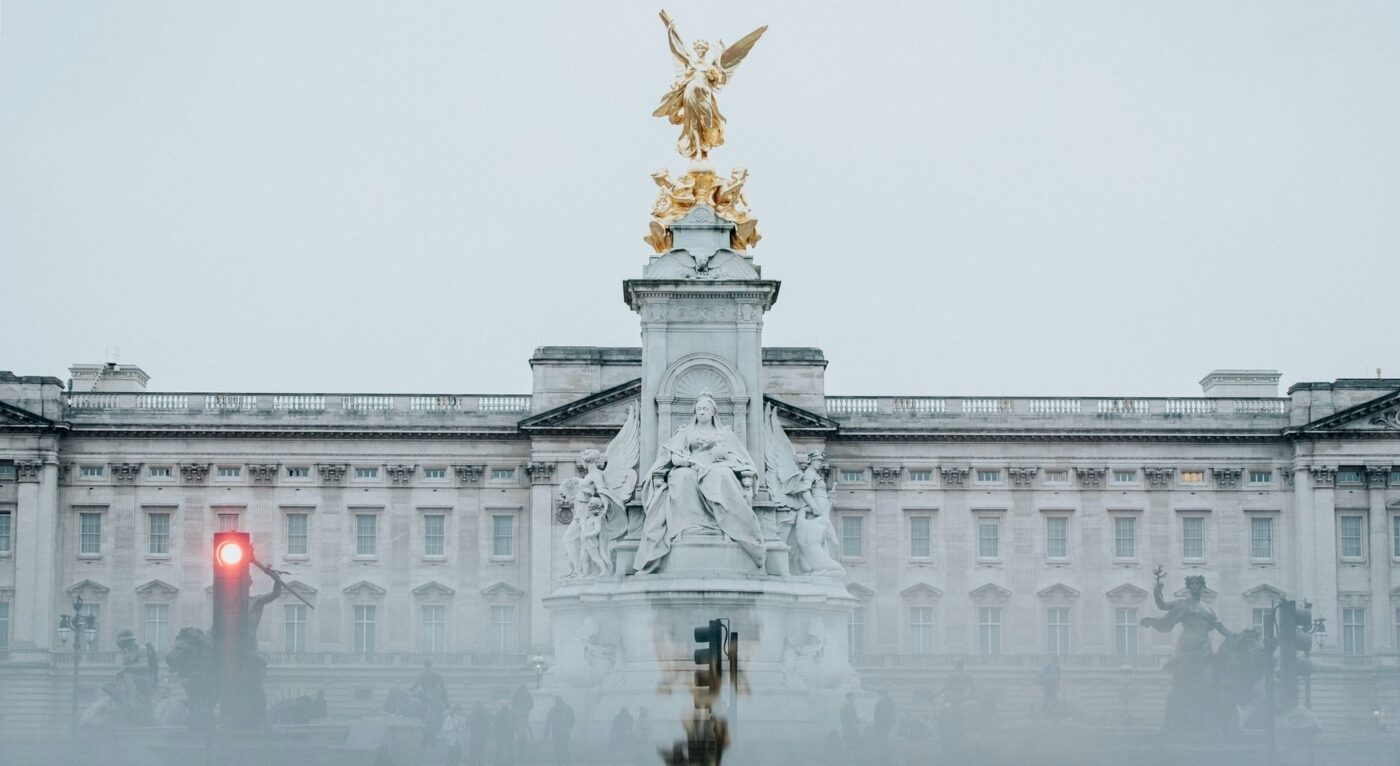Money, monarchy and Meghan Markle: does the Royal Family even make sense?
With the recent scandal surrounding Meghan Markle and the rest of the Royal Family, questions about monarchy have been thrusted firmly into the forefront of public consciousness. How much do the Royals contribute to our coffers? How much power do the Royals even have? Is it even worth having a Royal Family in the modern age?
It’s a commonly spouted line that the Royal Family brings in far more cash than it costs to keep them around. Is this true? As you can imagine, it turns out that the royal contribution to the economy is quite hard to place a figure to. In 2017, the monarchy’s contribution was estimated at £1.8 billion, much of this is accounted for by profits from the Crown Estate, but also from tourism, as well as broader cultural effects, such as brands being able to use the Royal Warrant, or from media about the Royals, for instance, the enormous popularity of Netflix’s The Crown.
While this figure might seem a lot for the average uni student to see in their current account, on a national scale, it’s relatively small fry, with foreign tourists estimated to have spent a total of £22.5 billion in the year of 2016. It’s also important to note that this number wouldn’t simply disappear if the monarchy did: the land held by the Crown Estate and Duchies would still turn a profit, people wouldn’t suddenly stop watching their favourite TV shows, and presumably, Yorkshire Tea could still claim to be Prince Charles’s cuppa of choice. Calculating the counterfactual – i.e. what the economy would look like if there were no Royal Family – is certainly no easy task. The UK is a country steeped in history and it’s not easy to argue that significantly fewer people would visit the various palaces, castles, and other royal residences if they weren’t nominally home to a sitting monarch for a fraction of the year. It’s even arguable that opening up Buckingham Palace for more than two months of the year might attract more tourists to take their photo trying to annoy the palace guards, all the while spending their money in businesses across London.
However, perhaps the monarchy has a more pernicious cost – and not necessarily a fiscal cost – but a cost to the democratic reputation of the country
Well, how much does the monarchy cost? The Crown Estate is the third largest landowner in Britain and owns £14.1 billion worth of property, including the entirety of Regent Street (as if the Royals had a series of lucky dice rolls on a life-size London Monopoly board). The profits of the Crown Estate are graciously surrendered to the treasury. However, the Queen receives a quarter of this back from the taxpayer in the form of the Sovereign Grant, which totalled £82.2 million in 2019, of which reportedly only £67 million was used by the family with the rest being put away for later. Additional security costs also come out of government spending. As well as income from the family’s personal assets, the Queen and Prince of Wales also collect (by merit of their positions) the profits from two private off-branches of the Estate, the Duchies of Lancaster and Cornwall, which combined provide the family with £42.3 million a year. In total, one republican pressure group has suggested that all these costs might have an upper-limit of £350 million annually, conveniently for the sake of comparison the same number that Boris promised to divert to the NHS during the ‘Vote Leave’ campaign.
However, perhaps the monarchy has a more pernicious cost – and not necessarily a fiscal cost but a cost to the democratic reputation of the country. Last month’s The Guardian investigation has revealed that the Queen and Prince Charles have used a lesser-talked-about process called the ‘Queen’s consent’ to influence the legislative process of Parliament even before elected MPs have a chance to debate its merits in the Commons. Throughout her reign, the Queen has vetted upwards of 1,062 parliamentary bills submitted by the government. While the process is commonly considered a formal convention for bills that would affect the interest of the Crown (or indeed the Queen personally), the investigation shows that the process seems to be far more wide-reaching than initially thought, covering anything from same-sex marriage to salmon. In addition, it has been revealed that the Queen has used this archaic power to lobby the government into altering a law that would have forced her to disclose her shareholdings for public scrutiny as well as one that gave special exemptions to residents of Charles’s estate from purchasing their own homes. This investigation raises wider questions about the Royals’ position within our modern democracy. For instance, why should it be that the Royals can use their influence over elected officials in order to protect their own private wealth? In fact, a motion to abolish this unfair practice failed in Parliament in 2014 on the grounds that it was a solely “formal process” of symbolic value to the country. It is now clear that this is simply untrue.
A recent YouGov Poll suggests that more young people now would prefer an elected head of state over a hereditary monarch
The Sussexes’ interview with Oprah and subsequent backlash by notable pundits in the UK has uncovered an ugly truth about how we interact with race in our country and has prompted some of the UK’s historical partners from Australia to Barbados to seek distance from the Commonwealth. In addition to this national embarrassment, a recent YouGov poll suggests that more young people now would prefer an elected head of state over a hereditary monarch. So, perhaps it is a good a time as ever to evaluate, going forward, whether it makes financial sense to continue paying as much into the Royal Family or even to reconsider what the monarch’s position should be in a democratic, Global Britain.

Comments